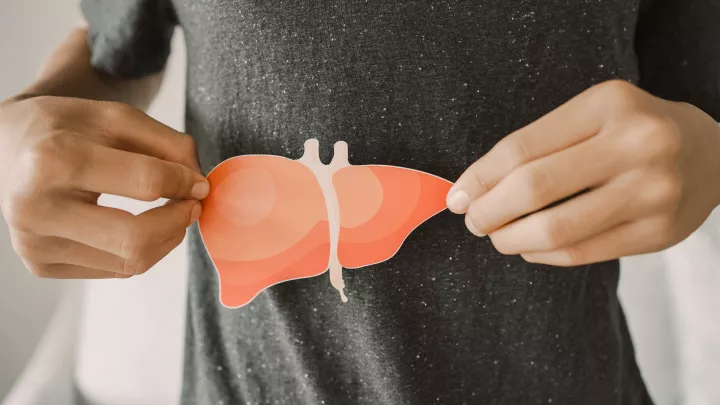Research Topics
- Obesity
- Weight loss surgery
- Bariatric Surgery
- Bile Acid Signaling
- Fatty Liver Disease NAFLD, NASH
Dr. Kohli and his team of scientists have focused their work on obesity-related fatty liver disease (NASH). One key advance was when back in 2010, when Dr. Kohli’s laboratory highlighted the role of fructose, such as that present in food containing high fructose corn syrup (HFCS), in triggering injury and scarring within the liver.
Additionally, Dr. Kohli’s team has developed a surgical model in mice that is now used by researchers around the world to better understand how weight loss surgeries improve obesity and its associated morbidities, such as NASH. The understanding as to how weight loss surgery such as the vertical sleeve gastrectomy (VSG) works was previously thought to be based on the dogmas of restriction and malabsorption. We have shown that bile acid signaling is critical to the success of these surgical procedures. Now we use the VSG surgical technique on diet-induced obese mice, and try to further understand the role of bile acids and bile acid signaling targets such as the farnesoid X receptor (FXR) pathway to better understand the specific mechanism behind the success of these surgical procedures.



